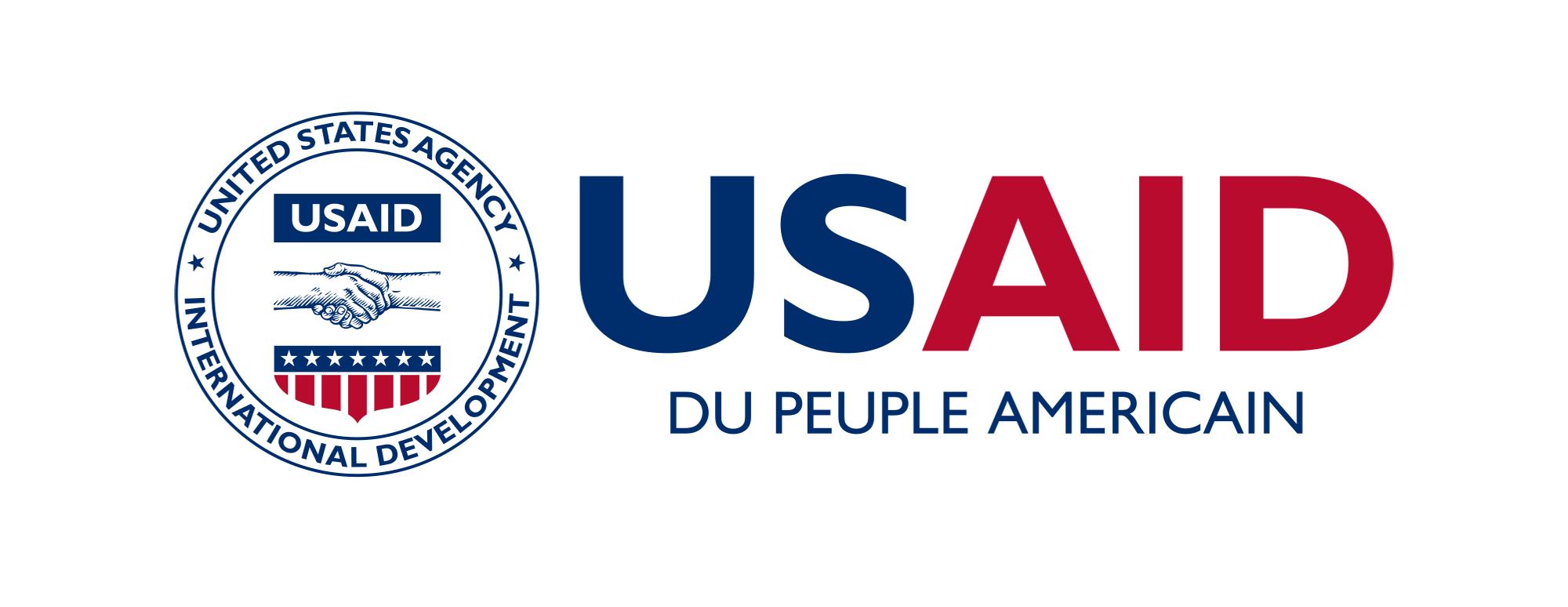Nut for Growth Co-Investment Partner, Transforming Shea Production in Ghana
Shea butter is a prized commodity around the world, serving as a vital raw material for the food and cosmetic industries. In West Africa, Ghana stands out as the leading exporter of unrefined shea butter, and the country has made significant strides to strengthen its production. The country’s shea value chain, however, remains rife with inefficiencies and Ghana’s place within the global shea industry remains primarily as an exporter of the unrefined butter.
In December 2021, the Trade Hub awarded a $980,000 co-investment grant to Nuts for Growth, a Ghanaian woman-led shea butter aggregation and processing company, to support its transformation into a large-scale, inclusive industrial processor of shea kernels and soya using state-of-the-art processing technology.
In this interview, Dora Torwiseh, CEO of Nuts for Growth, discusses her partnership with the Trade Hub and her vision for the transformation of the value chain to prioritize local industrial processing.
Q: Nuts for Growth is currently a key player in the shea industry in Ghana. Could you shed some light on your journey and involvement in the shea industry?
A: My journey in this industry dates back to childhood. Both my maternal and paternal grandmothers were involved in the shea nuts business long before I was born. My mother was also involved in the industry before my birth. In essence, I can safely say l am a fourth-generation participant in the industry.
For many rural families in northern Ghana, shea nuts and the associated businesses have been the source of livelihood; my family has been no exception for decades. Growing up, I witnessed the challenges faced by rural women involved in the shea nuts industry, such as the impact of the seasonality of the crop on the economic well-being of families.
My dream has been to design and build a sustainable shea business that empowers women and builds generational wealth while protecting the biodiversity of the ecosystem.
Q: In Ghana, the shea value chain is highly developed, but with a predominant focus on shea nuts collection and artisanal processing. Nuts for Growth stands out by prioritizing the industrialization of this sector. Share with us how you came to prioritize industrial-scale processing as a part of your business.
A: As alluded to earlier, l have a strong desire to improve the socio-economic conditions of the women in the industry. Through experience, coupled with a value chain audit in the industry, it became obvious that much of the value of the industry sits in the downstream industrial processing section of the value chain. However, the few companies in Ghana leveraging the benefits by creating value were mostly foreign-owned. I, therefore, decided to invest in the industrial production of shea to create more value that can be shared with the rural women who drive the sector.
Q: How has the partnership with Trade Hub affected your focus on industrial processing and expansion?
A: The partnership by all measures has been strong and productive. The support from the Trade Hub team has been invaluable, especially in providing technical insights, promoting industrial linkages and networking, and most importantly, providing funding support. The Trade Hub has been effective in providing the missing links in HR Development and tools/systems to improve the critical stakeholders in the supply chain. The Trade Hub brings the needed support to improve all the “critical rings” in our supply chain.
Q: The Women for Change cooperative of more than 70,000 women is a remarkable element of Nuts for Growth’s operations. Could you share with us how you came to be involved with the cooperative, and how your partnership with the Trade Hub has affected the women you work with?
A: The flagship product in the business portfolio is shea nuts; however, shea is not cultivated like cocoa or oil palm. It is a wild crop that is harvested on a parkland. To build a strong supply chain for the raw shea nuts, l had to develop a cooperative network of 80,000 women which is anchored with strong socio-economic empowerment programs. The cooperatives are the suppliers of shea nuts to sustainably feed the processing factory. The partnership with the Trade Hub has improved the empowerment programs at the farmgate, HR Development at the factory, and route-to-market capabilities of the company.
Q: What are some of the milestones of your partnership with Trade Hub so far?
A: Over the course of our partnership, we have trained over 20,000 women and counting. We have pre-financed over 7,000 women to grow soya beans as a part of our sustainability initiatives; we have improved our laboratory setup to enhance quality control; and we have brought onboard expat process engineers to manage the factory while training our employees in factory operations.
Q: What are your plans for Nuts for Growth, beyond the official end of this partnership with Trade Hub?
A: We want to increase the membership of Women for Change from 80,000 to about 300,000 over the next five years, with continuing support from the Trade Hub. By increasing the number of suppliers, we plan to increase our stockpiles of raw materials and better serve our buyers. We also want to be able to integrate women into the financial network by providing lines of credit to them to improve their economic conditions.

